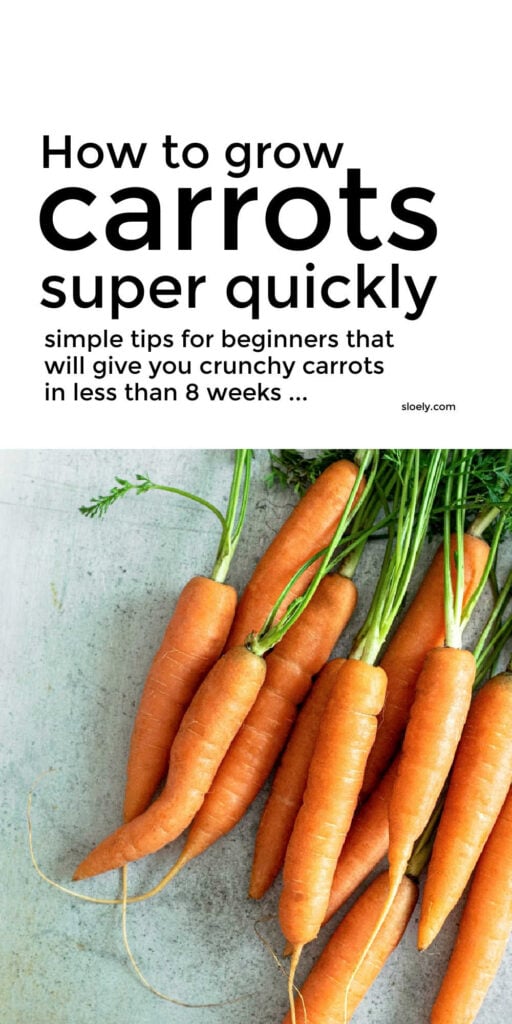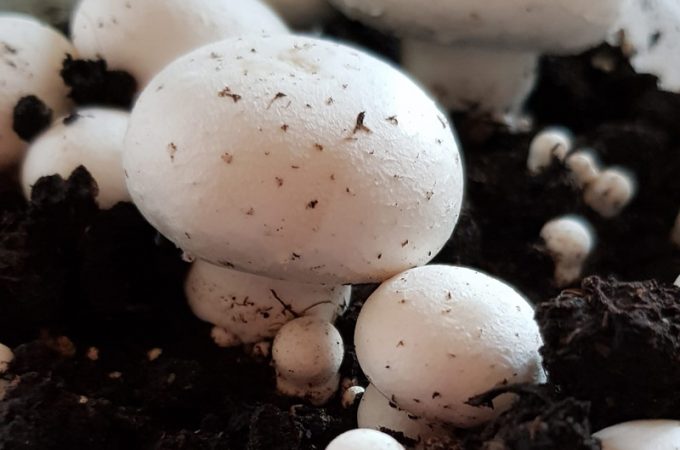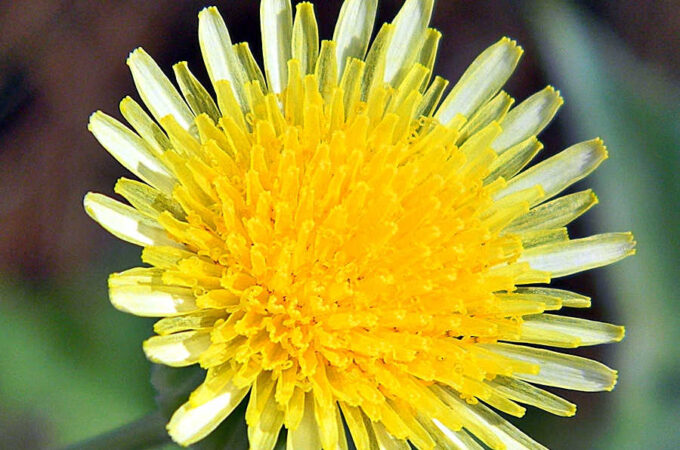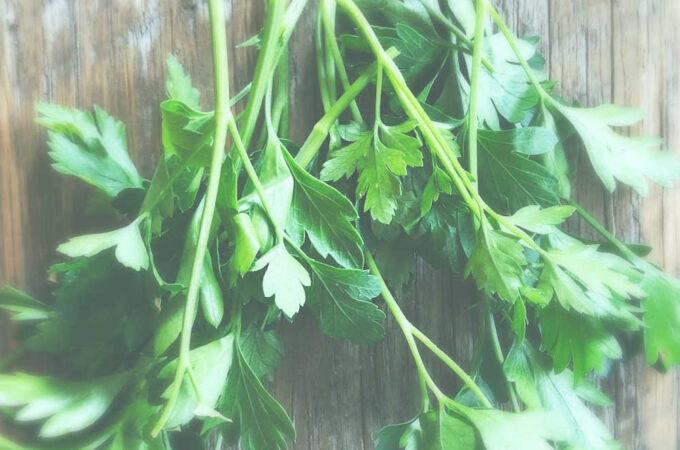
Carrots can be wonderfully quick growing vegetables and are often a first choice of vegetable to grow for beginners and kids.
But too many gardening gurus get us growing carrots so slowly and frighten us with so many tales of the dreaded carrot fly that it all becomes desperately dull and too much like hard work.
It needn’t be like that.
Carrot growing can be quick, fun and easily organic.
And this post is all about how to grow carrots quickly and organically so you can enjoy munching on their crunchy goodness fast without spraying great plumes of pesticide everywhere.
I’ll take you though everything you need to know about growing carrots quickly and organically but simply so you won’t be overwhelmed if you’re new to grow your own or growing vegetables with kids.
There’s a lot of simple tips so do bookmark or save the post for later and use the table of contents below to whizz to any specific carrot growing questions you have.
Table of Contents
How Long Carrots Take To Grow
Carrots can take 3 to 4 months to grow if grown traditionally. This is partly because they are slow to germinate.
I reckon that’s just too long for beginner gardeners and kids growing vegetables when all the excitement is happening underground. It’s more fun to grow courgettes or pumpkins slowly because there’s lot to see.
But carrots can be grown in as little as 6 weeks and very easily within 8 weeks if you follow these simple tips to make carrots grow faster.
How To Make Carrots Grow Faster
The key ways to make carrots grow faster are to:
- Choose quick growing carrot varieties including Paris market, snub nosed, ball and baby carrots and to sow early growing varieties.
- Speed carrot seed germination by:
- soaking seeds before planting
- and warm & hot watering.
- Plant carrots in warmer soil:
- in raised beds
- and in ridges of soil.
- Sow carrots as the right time of the year, as although you can grow carrots at different times, they grow quickest in spring.
But the most important tip for growing carrots faster is to choose the right variety of quick growing carrot seeds.
Quick Growing Carrot Varieties
There are three basic groups of quick growing carrot varieties:
- Ball & snub nosed carrots often known as Paris market carrots.
- Baby carrots that are usually some version of a Chantenay.
- Early growing carrots that will germinate well at the end of winter to make the absolute most of the spring weather when carrots grow best.
Paris Market Ball & Snub Nosed Carrots
Paris Market ball carrots are radish like round rather than long and tapering whilst snub nosed carrots look like they’ve lost the bottom two thirds of their growth.
These Paris Market and snub nose carrot varieties can all be grown fast in 7 to 8 weeks :
- Rondo
- Thumbelina
- Parisienne
- Oxheart
- Guerande
- Parmex
- Romeo
Baby Chantenay Carrots
Chantenay carrots are the main original variety of short baby carrots that grow in less than 10 weeks with some growing very quickly in just 6 weeks. Chantenays are typically ready to harvest at 7 or 8 cm long. Varieties to look out for include:
- Little Fingers
- Babette
- Caracas
Some Chantenay carrots – especially chubbier ones – may still take 10 or 11 weeks to grow so check seed details carefully before buying.
Early Growing Carrots
These early growing carrot varieties can be planted in late winter & early spring and will grow quickly in the warming wet weather to be ready to harvest in barely 8 weeks from April and early May:
- Adelaide
- Nantes 2
- Amsterdam Forcing
How To Germinate Carrot Seeds
Carrot seeds do not germinate very quickly. They can take up to 3 weeks to show their first growth. To speed things along try these tips:
- Soak carrot seeds : a few days before sowing – no more than 5 – soak your carrot seeds for an hour in warm water and then wrap in damp paper towel and keep in a plastic tub inside until you sow out.
- Warm water seeds : carrot seeds need plenty of moisture to germinate and will germinate quick if watered with warm water.
- Boiling water method : you can even use the boiling water method to help pre-sprout your carrot seeds.
Best Soil For Carrots
- Carrots have a bit of reputation for being fussy about soil.
- But it basically needs to be soft and loose and easily crumbled so the carrot roots can push their way through easily. Quickly sieving the soil to the depth your carrots will grow to remove stones and lumps will help.
- Some gardeners add a little sand to make the soil more “friable”.
- But if your soil isn’t naturally crumbly to a good depth then the easier option is to choose the Paris market and snub nosed varieties listed in the previous section and to grow carrots in containers (see below).
- The soil does want to be healthy and fertile but doesn’t need to be super rich in nitrogen as this can result in lots of leafy fronds and not much carrot.
- What this means in practice – especially if you’re growing carrots organically – is hold off on the nitrogen rich soil improvers which can contribute to nitrogen pollution in the environment.
When To Plant Carrots
- The ideal temperature for growing carrots is between 55 to 75 farenheit which is 12 to 24 degrees centigrade.
- So carrots are one of the vegetables to plant in early spring and late winter when the temperature first starts to warm up.
- They may need protection from falling temperatures and frost but it is easier to protect your carrots from the cold than excessive heat in late spring and early summer.
- The early growing carrot varieties listed above can all be planted in February and March to start growing quickly.
Where To Plant Carrots
- Carrots do like a sunny spot to grow quickly but the best place to plant carrots will vary depending on when you plant them.
- If you plant them early they will want as much late winter and early spring sun as possible but if you plant them towards the end of spring they will do better with morning sun only.
- One way to give yourself flexibility if late spring is very hot is to grow carrots in containers.
Growing Carrots In Pots
- Small quick growing Paris market, ball, snub nosed and baby Chantenay carrots are perfect for growing in pots and containers as they will only grow to a few inches long and need much less space.
- It is also easier to get your soil nice and crumbly and friable in containers than in heavy clay or stoney vegetable beds.
- Pots and containers will also help you deal with the vagaries of spring weather as you can easily protect them from both late frosts with covers and early heat waves by moving them around.
- Pots are also helpful for growing carrots organically as they can be easily with fine mesh to keep carrot flies and green flies off your plants.
Best Companion Plants For Carrots
- Growing carrots with friendly companion plants is the best way to grow carrots organically and to protect them from common pests without using toxic pesticides.
- To deter the dreaded carrot fly grow chives and garlic as companion plants whose fragrance will mask the aroma of the carrot themselves. They can both be intercropped with your carrots and the soil healing properties of garlic can help to protect carrot roots from disease.
- Other strong smelling alliums – onions and leeks – and herbs such as sage and rosemary can also help to disguise the carrots from the carrot fly.
How To Sow Carrots Thinly
- Carrot seeds are notoriously tiny so it can seem hard to plant them thinly which means you then have to thin them out very carefully so as not to disturb the roots!!!
- There are all sorts of tips out there on how to sow carrots thinly so you don’t have to thin out so much including mixing sand and radish seeds in with the carrot seeds.
- But this video is my favourite tip for sowing carrots thinly half an inch deep and an inch or so apart from the get go so you never need to thin …
- You can also buy “pelleted” carrot seeds which are covered in a dissolvable clay ball that makes them easier to sow individually but which may mean your carrots don’t grow so quickly.
How To Water Carrots
- Carrots need constant moisture whilst germinating especially if you’re trying grow carrots quickly.
- But once germinated be careful not to over water as this can lead to carrots cracking.
- Grown in spring carrots will only need watering if there’s a dry spell.
How To Thin Carrots
- If you didn’t sow your carrots thinly initially – as in the video above – with one seed per spot you will need to thin them.
- Start thinning carrots when the green fronds are 3 inches / 7.5 cm or so tall. Thin them initially to an inch apart.
- It’s a good idea to lightly water soil before thinning as the tiny carrots will come out easier without disturbing the others.
- If they are very bunched up you can snip the leaves with fine scissors at ground level to limit further growth.
- After another couple of weeks thin again to 2 inches. With quick growing thin and short carrots you don’t need to thin further.
- But do keep your carrots well weeded.
- Don’t waste your carrot thinnings. Chuck them in salads and on top of soups as garnish.
How To Harvest Carrots
- The trick to harvesting quickly grown carrots is to pull them fresh from the soil just before eating crisp and crunchy raw – a big hit with little gardeners – or cooking.
- Most quickly grown carrots – whether Paris market, Chantenay or early growing – are not optimised for long winter storage.
- Quick growing carrots shouldn’t be left in the ground for very long beyond their harvest date as they will lose their deliciousness.
Common Carrot Pests
Carrots are vulnerable to a few common pests but they can be controlled organically as covered in the next section :
- Carrot fly : the larvae of the infamous carrot fly eat the roots of the carrot causing them to blacken and rot.
- Aphids : green fly can feast on your carrot greens causing black mould
Growing Carrots Organically
It is very tempting to use pesticides in our gardens when faced with pests destroying our crops but we have a growing pesticide problem which is bad for the environment and for our health and as importantly for the soil in our garden.
Spraying pesticides damages our soil so growing carrots organically with organic pest control of the pesky carrot fly will in the long run help us grow better carrots and better vegetables all round.
Growing carrots organically is pretty simple with these tips:
- No artificial nitrogen : don’t artificially feed the soil with nitrogen. Growing vegetables such as peas and turnips can improve soil.
- Growing carrots with companion plants : grow carrots with chives and garlic as companion plants to deter the carrot fly.
- Sowing carrots thinly : sowing very thinly reduces the need to thin carrots which releases the carrots aroma and attracts the carrot fly.
- Covering carrots in mesh : fine mesh covers can keep carrot flies and green fly off your carrots – they’re also useful for protecting spinach from leaf miners and collard greens from white fly.
- Growing carrots in pots & containers : it can be easier to cover carrots with mesh when grown in pots & containers. You can now get very useful vegetable grow bags with mesh covers.
And there you go absolutely everything you need to know about growing carrots quickly and organically to protect them from the pesky carrot fly. I hope you enjoy a bumper crop.
And for more simple grow your own tips for beginners check out these posts :
- Growing vegetables for beginners on a budget
- Vegetables to plant in early spring
- Organic gardening tips for beginners
- Organic weed control
- How to grow peas successfully organically
- Growing turnip greens for soil health
















Leave a Reply